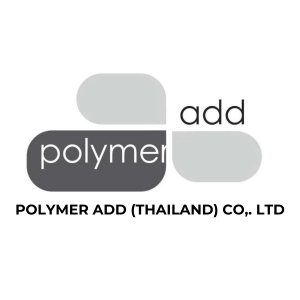Bentonite, a clay mineral composed primarily of montmorillonite, finds several applications in the polymer industry due to its unique properties. Some common uses of bentonite in polymers include:
Rheological Modifier
Bentonite is often used as a rheological modifier in polymer systems. It can act as a thickener, viscosity enhancer, or suspension agent in various polymer matrices. When dispersed in a polymer matrix, bentonite forms a network structure that controls the flow behaviour and improves the stability of the system.
Reinforcement in Rubber
In rubber compounding, bentonite can be used as a reinforcing filler to enhance mechanical properties such as tensile strength, tear resistance, and abrasion resistance. It improves the dispersion of other fillers and additives, leading to improved performance in rubber products.
Polymer Nanocomposites
Bentonite nanoparticles, known as organo-modified bentonites or organoclays, are widely used as nanofillers in polymer nanocomposites. These nanocomposites exhibit improved mechanical, thermal, barrier, and flame-retardant properties compared to neat polymers. Bentonite nanoparticles are often surface modified to enhance compatibility with the polymer matrix and facilitate dispersion.
Barrier Properties
Bentonite is used as a barrier material in polymer films and coatings to provide moisture resistance, gas barrier properties (e.g., oxygen, carbon dioxide), and barrier against organic compounds. The high aspect ratio of bentonite particles and their ability to form impermeable barriers contribute to the enhancement of barrier properties in polymer-based packaging materials.
Clay-Polymer Flocculants
Bentonite can be used in the formulation of clay-polymer flocculants for wastewater treatment applications. These flocculants are used to remove suspended solids, organic matter, and other contaminants from industrial wastewater streams. Bentonite assists in the flocculation process by promoting the aggregation and settling of suspended particles.
